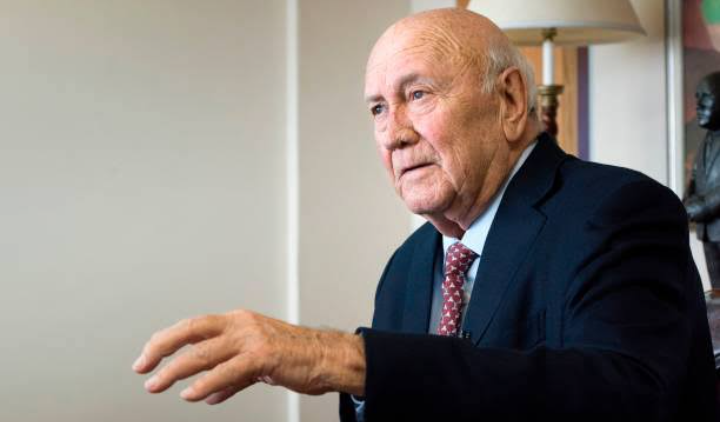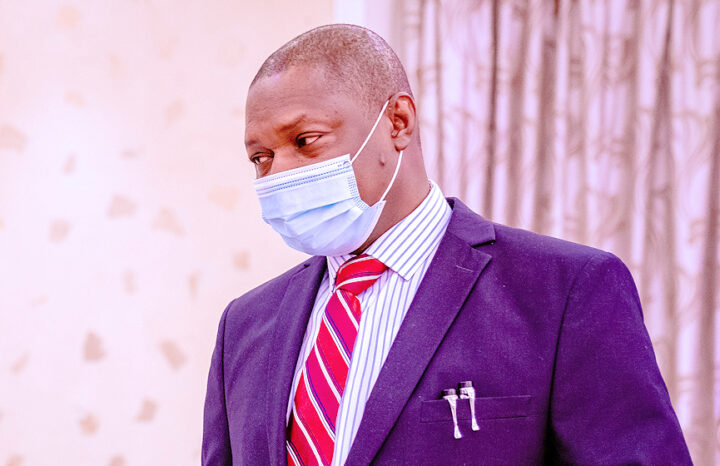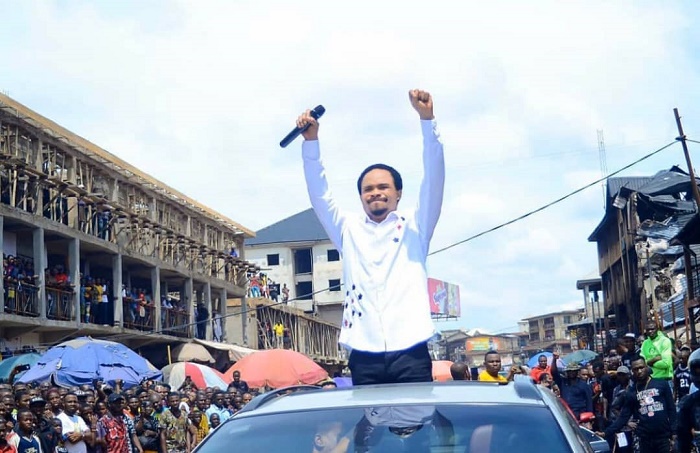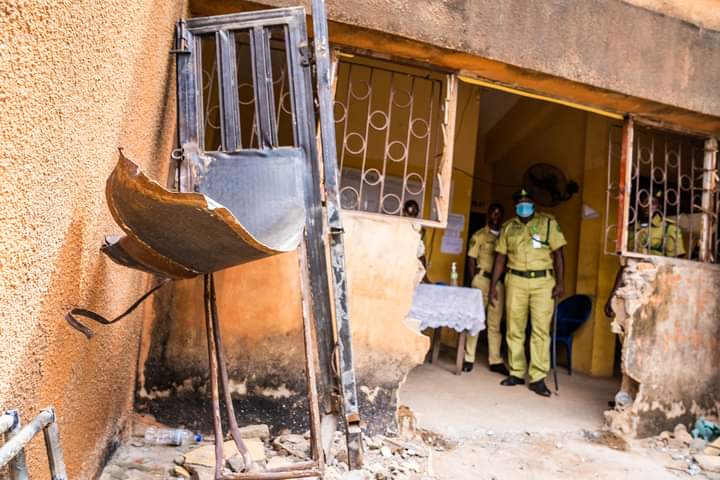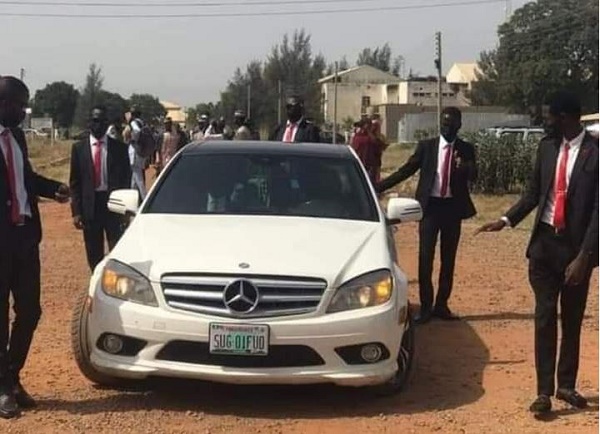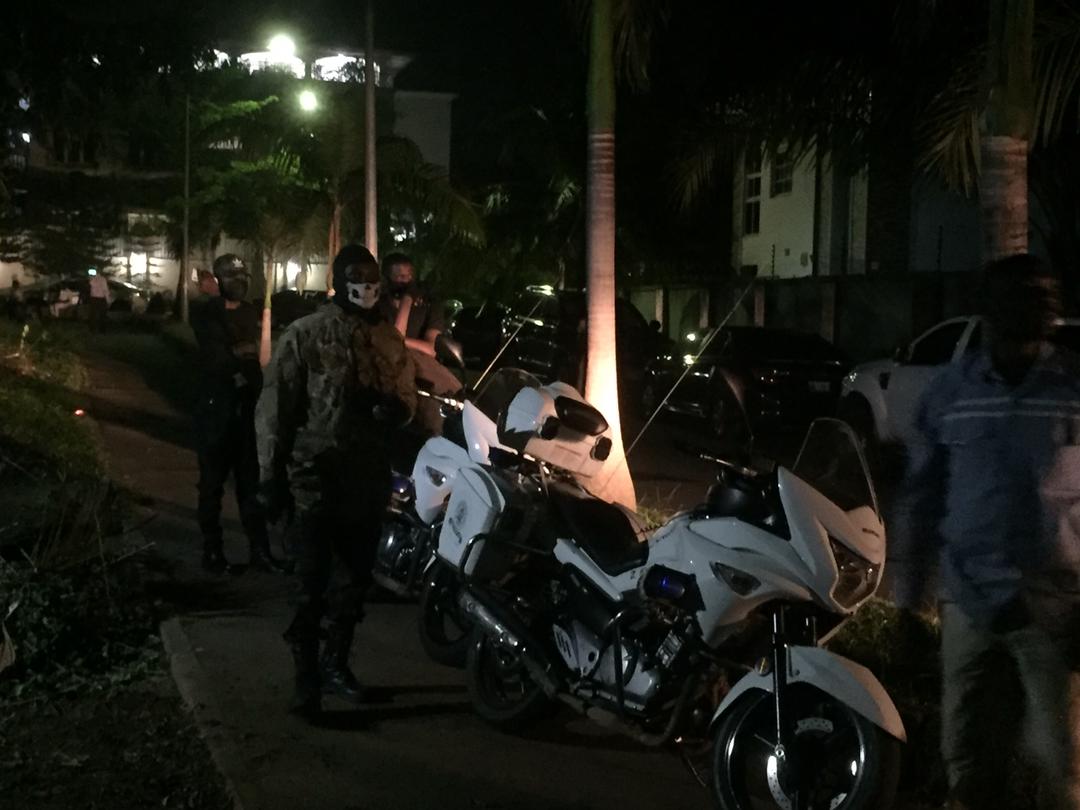Frederick William de Klerk, South Africa’s last apartheid president, who released Nelson Mandela from prison, has died at the age of 85.
According to a statement by F.W. de Klerk Foundation on Thursday, the former president died after a battle with cancer at his home in Cape Town.
“It is with the deepest sadness that the FW de Klerk Foundation must announce that former President FW de Klerk died peacefully at his home in Fresnaye earlier this morning following his struggle against mesothelioma cancer. Mr De Klerk was 85 years old. He is survived by his wife Elita, his children Jan and Susan and his grandchildren,” the statement reads.
“The family will, in due course, make an announcement regarding funeral arrangements.”
Advertisement
Born in Johannesburg, South Africa, de Klerk studied at Potscheftroom University before pursuing a career in law.
Joining the National Party, he was elected to parliament and sat in the white minority parliament of Pieter Willem Botha, holding a succession of ministerial posts.
As a minister, he supported and enforced apartheid.
Advertisement
De Klerk succeeded Botha as the leader of the National Party in February 1989 after Botha suffered a stroke and resigned from the party leadership.
He was the head of state from September 1989 and became one of the country’s two deputy presidents after the vote.
On February 2, 1990, de Klerk delivered a speech at the opening session of the parliament of South Africa, where he announced the release of political prisoners, including Nelson Mandela.
He also announced sweeping reforms that marked the beginning of the negotiated transition from apartheid to constitutional democracy.
Advertisement
De Klerk headed South Africa’s white minority government until 1994, when Mandela became the first black president — as black people voted for the first time.
He shared the Nobel Peace Prize with Mandela in 1993 for leading the transition from white rule in the country, but his role in the transition to democracy remains highly contested.
Many blamed him for violence against Black South Africans and anti-apartheid activists during his time in power, while some white people saw his efforts to end apartheid as a betrayal.
Advertisement
Add a comment
